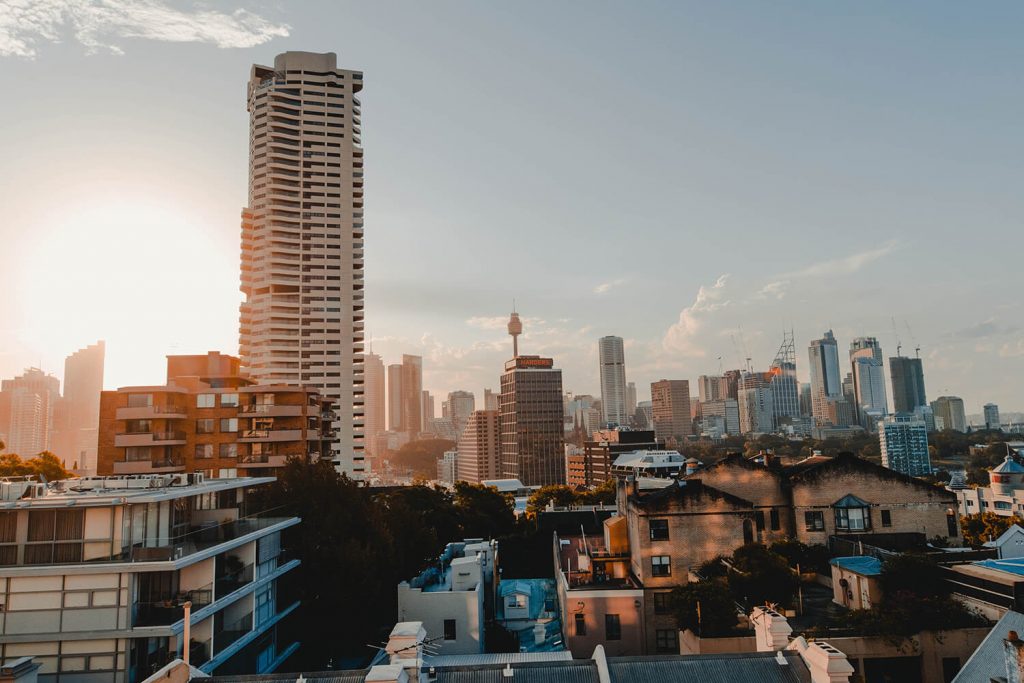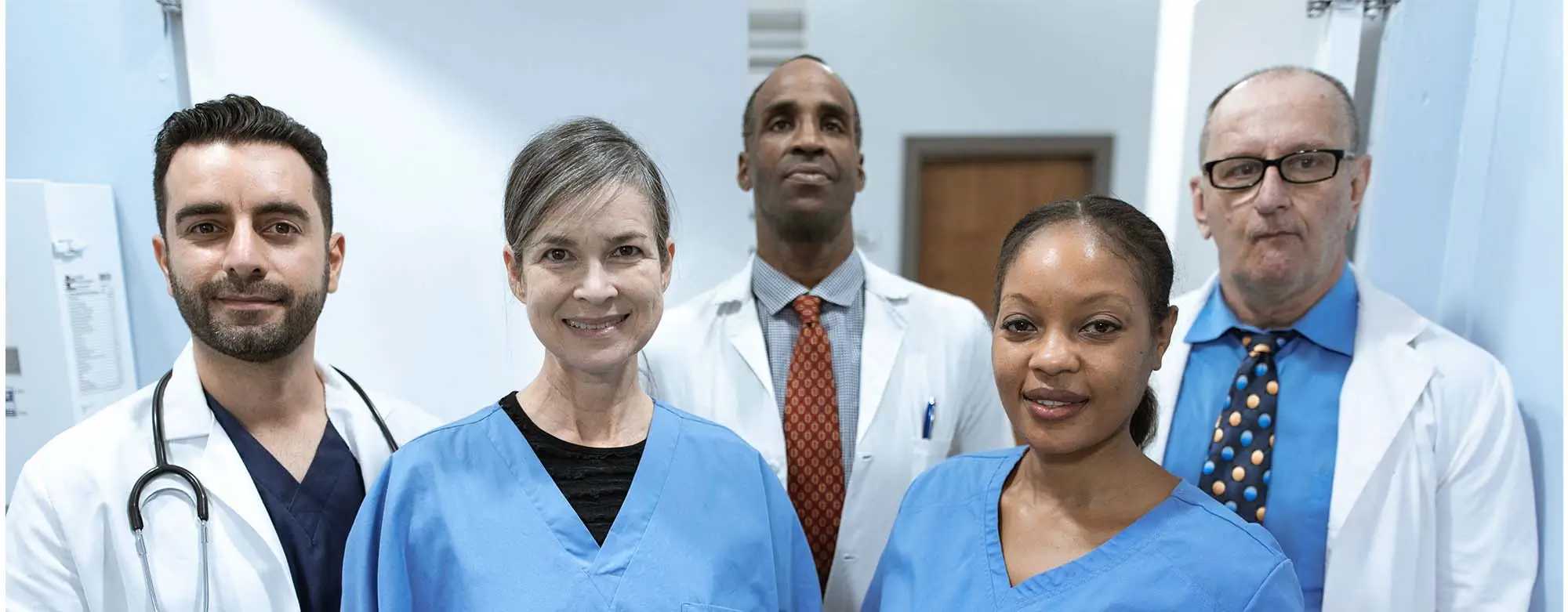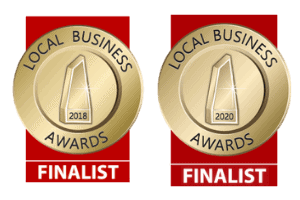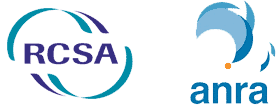By Emily James
Nurses from around the globe finally have the opportunity to work in Australia again after years of pandemic shutdown. Although the industry has changed rapidly over the past few years, nursing in Australia offers great conditions and opportunities, not to mention the amazing beaches and attractions you can visit when you’ve clocked off. And with the current shortage of nurses across the country, there are plenty of dynamic roles you can sink your teeth into.
In this article, we’ll take you through the steps you need to follow if you want to work as a nurse in Australia. It’s important to remember that this process varies depending on what country you received your nursing qualifications in and what those qualifications are, so it’s also best to visit the Nursing and Midwifery Board website to do some further research:
- Things you need to know
- Check your eligibility and qualifications
- Register with AHPRA
- Submit your visa application
- Prepare for travel and arrival
- Your next steps

Things you need to know
Before commencing the process of finding nursing work in Australia, it’s important to note that there’s multiple ways to go about it. The roles and places where you can work in Australia as an international nurse are dependent on:
- The country you are a citizen of;
- The country you currently reside in;
- The qualifications you have and where you received them;
- Your vaccination status
We recognise that applying for work in another country can be complicated, but you don’t have to figure it out alone. There are a range of people and organisations you can reach out to if you’re confused or have hit a roadblock, such as:
- Australian Department of Home Affairs
- Welcome To Travel (for firsthand advice from international nurses in Australia)

Check your eligibility and qualifications
There is some general criteria and information you’ll need to meet and provide in order to work as a nurse in Australia:
- Proof of identity (e.g., passport);
- Appropriate English-language proficiency in an approved test (IELTS, OET, PTE or TOEFL);
- Proof you have practised as a nurse within the last five years, and;
- Proof there are no disciplinary actions against you, or physical or mental barriers to you completing your work to a satisfactory degree.
The nursing qualifications you currently hold or are about to acquire will also determine the work you are eligible for. In order to determine what kind of work you are able to undertake, the NMBA/AHPRA has provided a self-check that you can complete independently. After your check-in, you’ll be able to assign yourself to one of three registration streams:
Stream A – those with qualifications that are equivalent or similar to approved Australian qualifications:
- Pay a non-refundable fee of $640 for an IQNM assessment and complete Orientation Part 1 within 90 days of creating your account.
Stream B: those with qualifications that are relevant but not equivalent or similar to approved Australian qualifications:
- Pay a non-refundable fee of $640 for an IQNM assessment and complete Orientation Part 1 within 90 days of creating your account;
- Provide your identification and qualification details, and;
- Complete the Outcomes-based Assessment (OBA), which involves a multiple-choice exam and an Objective Structured Clinical Assessment.
Stream C: those without relevant qualifications
If you fall into Stream C, you will usually be required to obtain further qualifications before being able to proceed with your registration. These qualifications could be a Bachelor’s degree in nursing, or an approved nursing diploma in Australia or another country.

Register with AHPRA
Once you and the NMBA can confirm you have the relevant qualifications to work as a nurse in Australia, you can apply for your registration with the Australian Health Practitioner Regulation Agency (AHPRA). This organisation is Australia-wide and ensures all healthcare workers, including nurses, are appropriately registered and accredited for the work they are completing.
Nurses are required to have their AHPRA registration before commencing any paid work in Australia, and as wait-times can be long, it’s important to register sooner rather than later. You can start the online application for initial registration here, which is designed for:
- Final-year nursing students who will complete their Australian-approved program of studies within the next twelve weeks;
- Nursing graduates that have completed an Australian-approved program of study within the last two years;
- Nurses with a current annual practising certificate with the Nursing Council of New Zealand applying for registration in Australia under the provisions of the Trans Tasman Mutual Recognition Act.
There are a range of other forms and supplementary information you will need to provide to complete your application, which can all be accessed via the same website:
Additional Forms
- Endorsement forms
- English language skills form
- Common application forms
Supplementary Information
- Certifying Documents
- Standard Format for Curriculum Vitae
- Proof of Identity

Submit your visa application
All overseas workers in Australia are required to secure an appropriate visa before commencing in their position. There are many visas available for overseas workers, including short stay work visas, temporary work visas and permanent work visas among others.
Nurses can work in Australia under a range of visas currently on offer:
- Temporary Skills Shortage visa (subclass 482): a temporary visa allowing a skilled worker from overseas to work in a role that cannot be filled by a local;
- Employer Nomination Scheme visa (subclass 186): a visa allowing a skilled worker to live and work in Australia permanently upon nomination by an Australian employer;
- Regional Sponsored Migration Scheme visa (subclass 187): a visa allowing a skilled worker to live and work in Australia permanently upon nomination by a regional Australian employer;
- Skilled Independent visa (subclass 189): a visa allowing workers with specific skills required in Australia to live and work permanently in the country;
- Skilled Nominated visa (subclass 190): visa allowing skilled workers to live and work in Australia as permanent residents;
- Permanent Residence (Skilled Regional) visa (subclass 191): a visa allowing those who have another eligible visa and meet specific income requirements to live and work in Australia permanently;
- Skilled Work Regional (provisional) visa (subclass 491): a visa for skilled workers nominated by a state or territory government to work in regional Australia;
- Skilled Employer Sponsored Regional (Provisional) visa (subclass 494): a visa allowing regional employers to sponsor skilled workers where a local worker cannot be sourced;
Not all of these visas may allow you to complete the work you wish to do in Australia, so it’s important to research the visas you’re applying for thoroughly. You should also seek clarification and advice from a staff member in the Australian Home Affairs Department where necessary in order to get accurate information for your specific circumstances.

Prepare for travel and arrival
If your visa has been approved and your AHPRA registration has or will soon be completed, it’s time to travel! The hardest part of the process is over, and it’s now time to start organising the exciting part of your journey.
Here are some key things to consider to make your travel to and arrival in Australia as smooth as possible:
- Flights: Where will you be flying into Australia? Do you need to organise transport from the airport to your accommodation in advance?
- Accommodation: Where will you be living? Are you able to live close to your workplace/s and organise a commute between your workplace and home?
- Transport: Will you be able to rely on public transport to access your workplace, or will you need a car? How will you maintain your car for the time you have it?
- Community: Are there opportunities in your workplace or the area you’ll be living in for you to form relationships? Can you attend clubs or community events?
Although this may seem like a long list, being organised when you travel can help make the experience much more enjoyable and exciting. Once you’ve sorted out the logistical necessities of your travel, you can sit back, relax and enjoy the adventure that awaits!

our next steps
Working in another country is an exciting experience, and for nurses, the opportunities on offer in Australia are endless. Your career is ultimately what you make of it, and by working in Australia, you’ll diversify your experience while making many valuable and long-lasting connections.
By working as an agency nurse, you’ll increase both your experience and connections more than you would in any other role. Agency nursing in Australia offers you the freedom to work in a range of different facilities while keeping your schedule free enough to see the sights. Many international nurses are already enjoying the benefits of agency nursing, and are sponsored by agencies like us in order to further their nursing careers while making the most of their time in a foreign country.
So, if you’re ready to take the plunge into agency nursing work, we’re here to support you. Get in touch with us via phone or email to find out more about our sponsorship opportunities, and how you can secure a nursing role offering flexibility and opportunity in Australia.
Disclaimer: The information provided in this article is general in nature. For information regarding your specific circumstances, please contact the NMBA or the Australian Department of Home Affairs.








